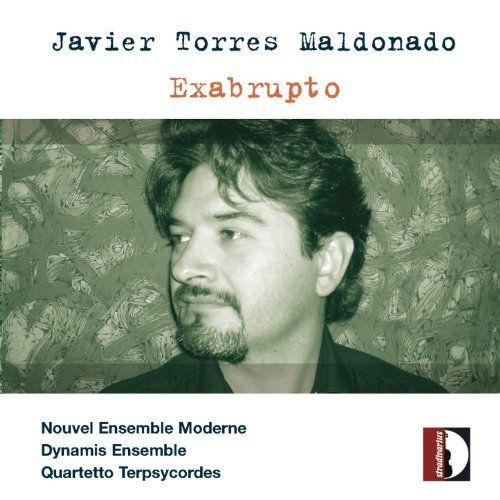Dal Messico ad Alessandria (dove insegna), attraverso Milano (dove s'è formato accademicamente, "rubando" mestiere ai migliori insegnanti di composizione sulla piazza). Ma l'impressione, ascoltando questa antologia, è che più ancora Maldonado abbia ascoltato -studiandoli a fondo- i maestri della generazione appena precedente, da Castiglioni a Donatoni: trovando un filo sottile ma non fragile tra la sua ispirazione non smarrita di fronte a possibili richiami melodici e solidi profili timbrico-emozionali di cui dicono molto le scelte di organico espresse anche in questi lavori e la serietà costruttiva. Così i pezzi possono essere ascoltati con la semplice germinazione di idee musicali che scattano da materiali riconoscibili (un colore, un ritmo, una nostalgia cantabile, un movimento di parti, un segno) e percorrono lo spazio sonoro assecondando un'immaginazione che ama non essere ingabbiata e quindi procede per slanci, come per deformazioni progressive. Ma è facile cogliere, insieme, il senso della forma, la volontà di raccontare per strutture compositive salde e tecnicamente inattaccabili, la fiducia nella possibilità di usare in chiave "espressiva" alcuni espedienti linguistici (sovrapposizioni armoniche, accelerazioni materiche e via dicendo) che in partenza sembrano destinate all'astrattezza. Le esecuzioni sono curate e ben registrate. La partitura che dà nome al cd è la più ampia ed ambiziosa, ma "De ignoto cantu" ci pare la carta d'identità più completa del giovane autore.
